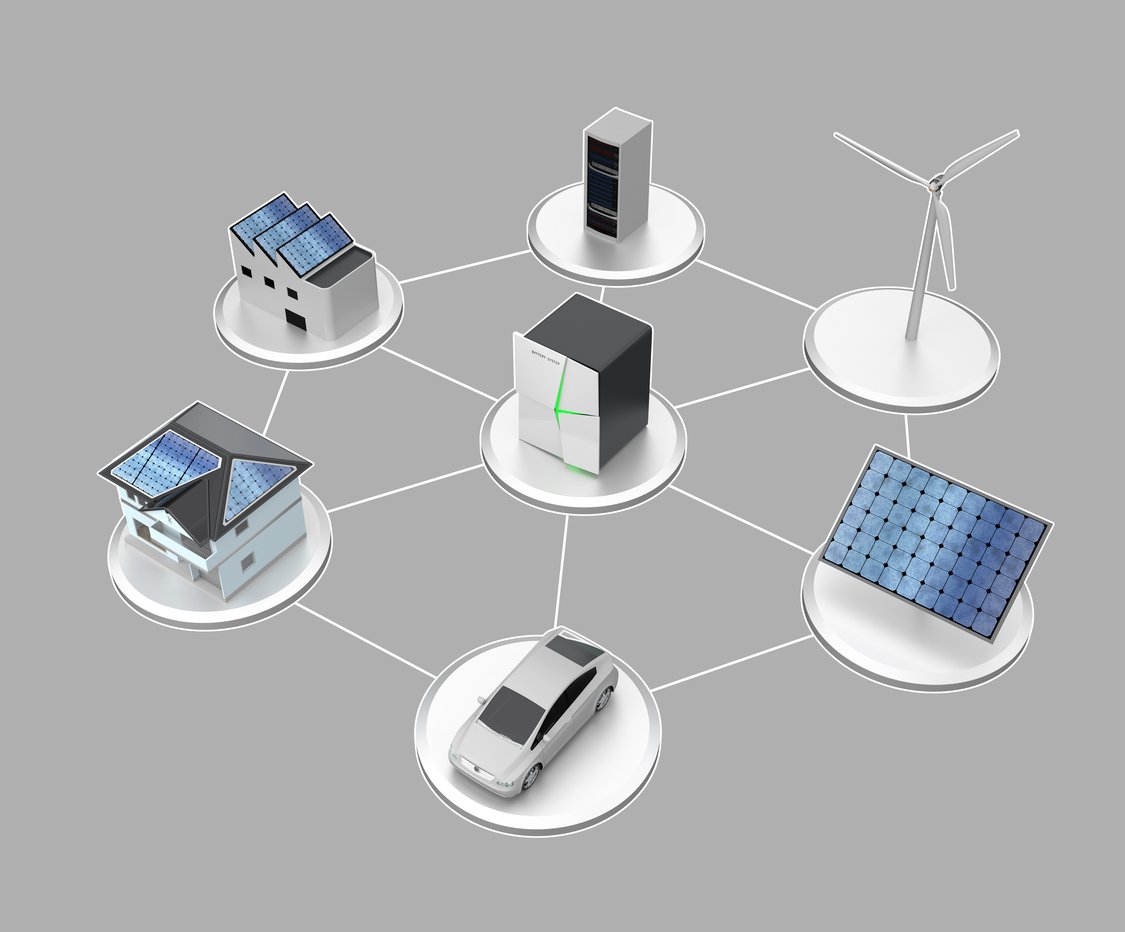
The Electrochemical Society was founded 115 years ago as the American Electrochemical Society. That’s based on the inaugural meeting held April 3-5, 1902 in Philadelphia, PA. Twenty papers were presented and recorded in Transactions of the American Electrochemical Society, Vol. 1, No. 1.
You could say the Society was born out of the indifference of what was known at the time as the Council of the American Chemical Society. Around this time, ACS took no action on a proposal to form an electrochemical section or division. That led Joseph Richards, the first president of the Society, to write in the inaugural Transactions:
“The day is past, we all acknowledge, when one man, even be he Newton, can know all that is to be known … the day is passing when any one society can even cover satisfactorily the whole field of any one science …”
Meeting for organization
And so in November of 1901 about 30 engineers, chemists, and scientists were invited by letter to attend “the meeting for organization” where they would create an organization:
“Its functions should be those of bringing electrochemists into personal contact with each other; of disseminating among them all the information known to, and which can be spared by, their co-workers; to stimulate original thought in these lines by mutual interchange of experience, and by papers and discussions; to stimulate electrochemical work all over the world by publishing the news of what is being done here in America.”
(more…)



 Researchers from Oregon State university have developed the first battery that uses only hydronium ions as the charge carrier, which the team believes could yield promising results for the future of sustainable energy storage.
Researchers from Oregon State university have developed the first battery that uses only hydronium ions as the charge carrier, which the team believes could yield promising results for the future of sustainable energy storage.
 Alice Suroviec is an associate professor at Berry College, where she focuses her research efforts on the development of microelectrodes and applications of electrochemistry to real-time detection of biological analytes in aqueous solutions. Suroviec has recently been appointed to the ECS Electrochemical Science & Technology Editorial Board as an associate editor for the
Alice Suroviec is an associate professor at Berry College, where she focuses her research efforts on the development of microelectrodes and applications of electrochemistry to real-time detection of biological analytes in aqueous solutions. Suroviec has recently been appointed to the ECS Electrochemical Science & Technology Editorial Board as an associate editor for the  A new paper published in the Journal of The Electrochemical Society, “
A new paper published in the Journal of The Electrochemical Society, “ A new type of conductive graphene foam is incredibly tough and can be formed into just about any shape and size.
A new type of conductive graphene foam is incredibly tough and can be formed into just about any shape and size. New research demonstrates the development of the first stretchable integrated circuit, made entirely using an inkjet printer.
New research demonstrates the development of the first stretchable integrated circuit, made entirely using an inkjet printer. America has long been the land of innovation. More than 13,000 years ago, the Clovis people created what many call the “
America has long been the land of innovation. More than 13,000 years ago, the Clovis people created what many call the “